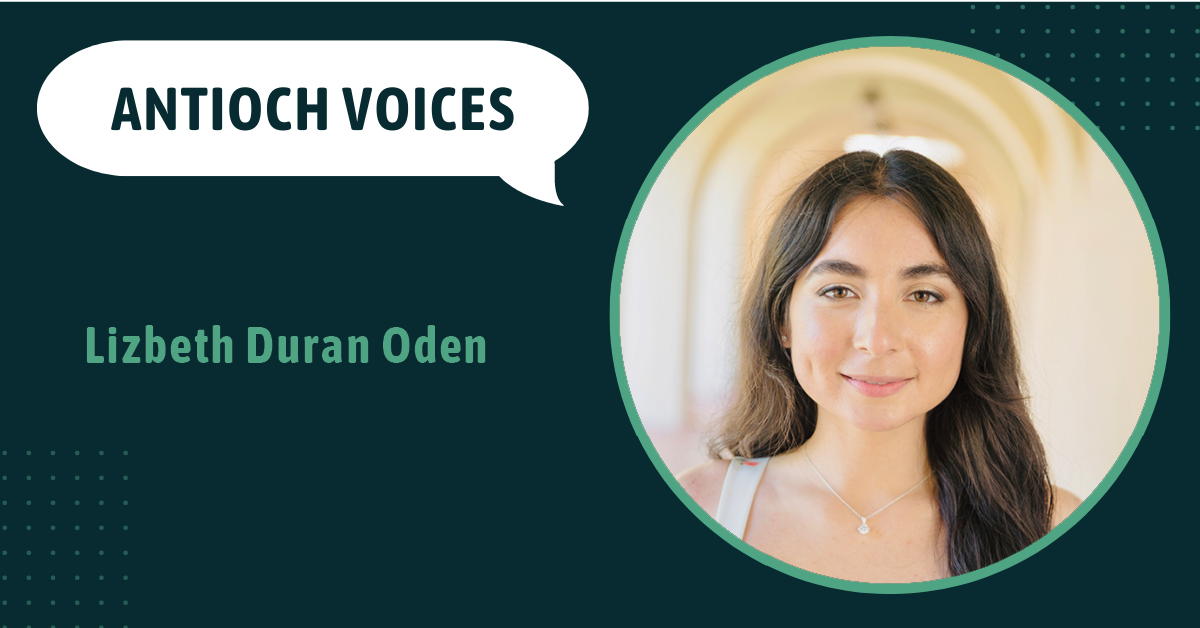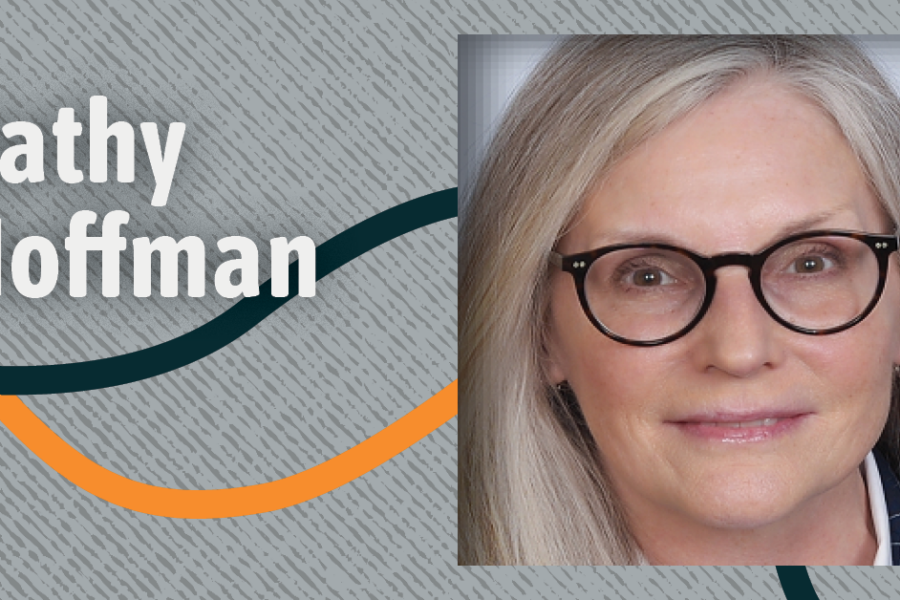As I start my journey towards a doctoral degree, I am coming face to face with my experience living in a white supremacist society through the curriculum of my courses. I always thought that issues of race did not really affect me. I don’t have a long list of blatant racist encounters I’ve experienced. For the most part, I don’t have the sense that I’ve spent much of my life thinking or talking about race. Yet, as I have been completing readings on race, culture, and diversity, I’ve found myself on multiple occasions being overcome by emotion, my eyes filling with tears. I’ve felt painfully choked up with feelings of sadness, frustration, and confusion. But why?
I wasn’t sure initially. I thought it might have to do with the fact I had just moved to a predominantly white community, so the topics of race and diversity had been on my mind. Maybe I was simply connecting and empathizing with the experiences being shared by People of Color in those readings. Then, while reading an article on the hidden wounds of racial trauma for my Diversity class, I had a sense that maybe I had found the answer to why I was feeling the way I was. The curriculum of the PsyD program is pushing me to reckon with my own hidden wounds around racial trauma. Through engaging in the curriculum of my PsyD program, I am unearthing racial trauma I wasn’t aware I had experienced.
Growing up in a white-dominant society while being a Latina has meant hearing an onslaught of overt and covert messages telling me that I am less than or not as good as others. Throughout my life, I’ve seen and heard my culture ridiculed in various spaces. At costume parties, I’ve seen people put on big hats and zarapes (ponchos) and say that they are “a Mexican.” In television shows, I’ve watched people make fun of Mexican accents. I’ve heard stories about my country of origin being a place where people can get away with anything without consequence, and where crime is rampant. I’ve listened to people from my culture be referred to as illegals, sneaky, thieves, and unintelligent. One day Mexicans might be referred to as lazy people who want to profit off of American resources and the next day they might be called diligent and hardworking, yet they are hired as cheap labor.
Racial trauma is very real but can be invisible even for those of us that experience it. Systems of oppression are insidious, their messages become internalized. Some people from marginalized communities have a sense that things in our society are unfair, but often we don’t realize just how deeply that unfairness runs. It’s in our minds telling us we’re not good enough, that we’re overthinking and making a fuss out of nothing, or that we’re just misinterpreting situations. It’s why when I’m reading about a Person of Color talking about how others around them judge them without knowing them I feel like crying because I’ve experienced this too. It’s why, as I’m learning more about systems of oppression and sitting in my classes, I feel angry and heartbroken when I catch myself thinking, “Okay they get it that you’re Latina, you don’t have to keep talking about it.” or “It’s not that big a deal that nearly everyone else in the room is white, and you’re not, get over it.” or “Your questions and ideas are simple, obvious and dumb so don’t bother raising your hand to talk.” Sometimes the oppressed remain oppressed because they don’t know that they are oppressed or how ingrained in our souls and our systems oppression is. For this reason, it is crucial that we all, regardless of racial and cultural background, familiarize ourselves with the invisible wounds and challenges that racial trauma creates so that healing can happen.
Earlier I touched on some of the negative messages that have been spread about Mexican people and culture. Now, as I come to an end, I’d like to name what I’ve experienced the people and culture to really be—resilient, resourceful, courageous, bold, dignified, loyal, supportive, and optimistic.

Lizbeth Duran Oden
Lizbeth Duran Oden is a Mexican American immigrant and a first-generation college graduate. She is currently a first-year PsyD in Clinical Psychology student at Antioch University’s New England campus.



